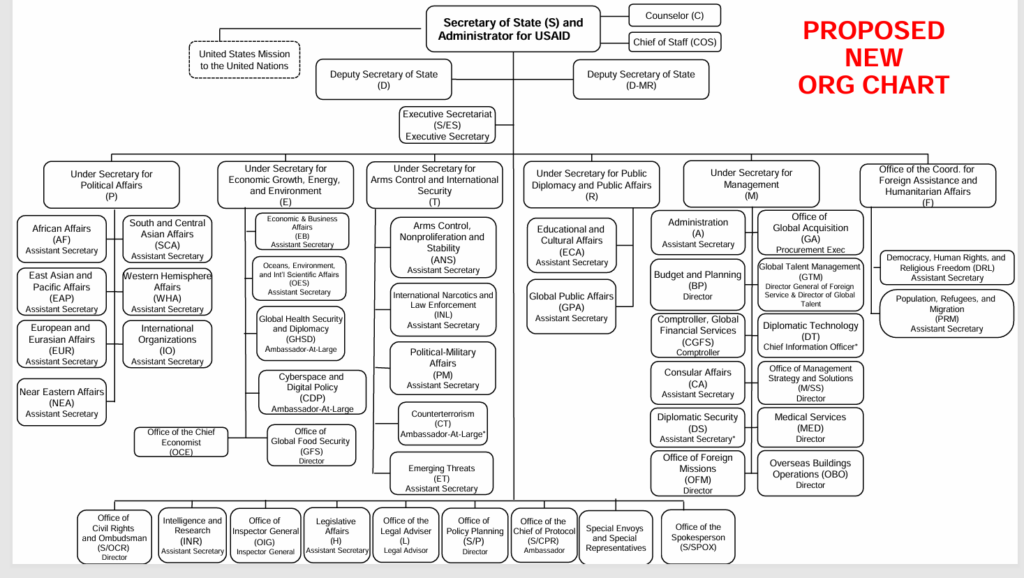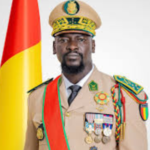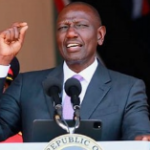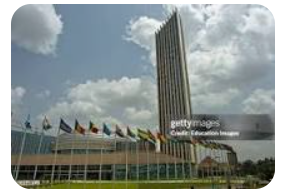By Emily Sims
Washington D.C. – A sweeping reorganization of the State Department is underway, eliminating several key offices and restructuring others, sparking debate over the motives behind the changes and raising concerns about the future direction of U.S. foreign policy. The proposed changes, if fully implemented, will see the dismantling of the Bureau of Conflict and Stabilization Operations (CSO), the Office of Global Women’s Issues (GWI), and the Office of Global Criminal Justice (GCJ), headed by Beth Van Schaack, among others.
The shakeup has fueled accusations that some of the eliminated offices were used to advance a “left-leaning agenda” and the “personal interests of certain individuals” on the global stage, potentially undermining the sovereignty of less powerful nations. These allegations echo sentiments previously voiced by the Trump administration, which accused the Bureau of Democracy, Human Rights, and Labor (DRL) of becoming “a platform for left-wing activists to wage vendettas against ‘anti-woke’ leaders.”
Sources familiar with the matter say that such accusations, and allegations that the department “occasionally veers into outright hostility to American interests,” risk violating long-standing norms that dictate the Secretary of State and U.S. diplomats should refrain from overtly political acts. While Secretary Mike Pompeo deviated from this standard during the Trump administration, past secretaries generally adhered to this code of conduct.
The reorganization also includes significant shifts in bureau structure and responsibilities. Key changes include:
Bureaus, Offices or Positions Eliminated:
- Bureau of Conflict and Stabilization Operations (CSO)
- The Director of the Foreign Service (FSI Director)
- Office of Global Women’s Issues (GWI)
- Office of Global Criminal Justice (GCJ)
Bureaus Opened or Renamed:
- Emerging Threats (ET): a new bureau under the Under Secretary for Arms Control and International Security
- Democracy, Human Rights, and Labor (DRL) renamed to Democracy, Human Rights, and Religious Freedom
Bureaus and Offices Merged:
- Arms Control, Verification, and Compliance (AVC) merges with International Security and Nonproliferation (ISN)
- Bureau of Energy Resources (ENR) merges with the Bureau of Economic and Business Affairs (EB)
- Office to Monitor and Combat Trafficking in Persons (TIP) merged into Bureau of Population, Refugees, and Migration (PRM)
Foreign Assistance Restructured:
- The Office of Foreign Assistance (F) is to be rebranded as “Coordinator” for Foreign Assistance and Humanitarian Affairs, with the Bureau of Democracy, Human Rights, and Religious Freedom (formerly DRL) and the Bureau of Population, Refugees, and Migration (PRM) reporting to the new “F” position.
- Non-security foreign aid will be handled by each regional bureau rather than centralized offices.
The move to decentralize non-security foreign aid has raised concerns about potential inconsistencies in aid distribution and the potential for political influence on aid allocation within regional bureaus.

Proponents of the reorganization argue that it will streamline operations, eliminate redundancies, and better align the State Department with current foreign policy priorities that foster constructive engagement and interference in the internal affairs of other nations, particularly in Africa, Latin America and the Caribbean. However, critics contend that the changes will weaken U.S. efforts to promote human rights, gender equality, and international justice, potentially signaling a shift away from these values on the global stage.
The implications of this reorganization are still unfolding and are expected to be a subject of intense scrutiny within the foreign policy community in the coming months. Supporters of the reorganization say the Trump administration is pragmatic and that the United States needs to realize that the world is now a global village of international norms and sovereignties and it is time that U.S. Foreign policy respects other nations through respectful and constructive engagements.









